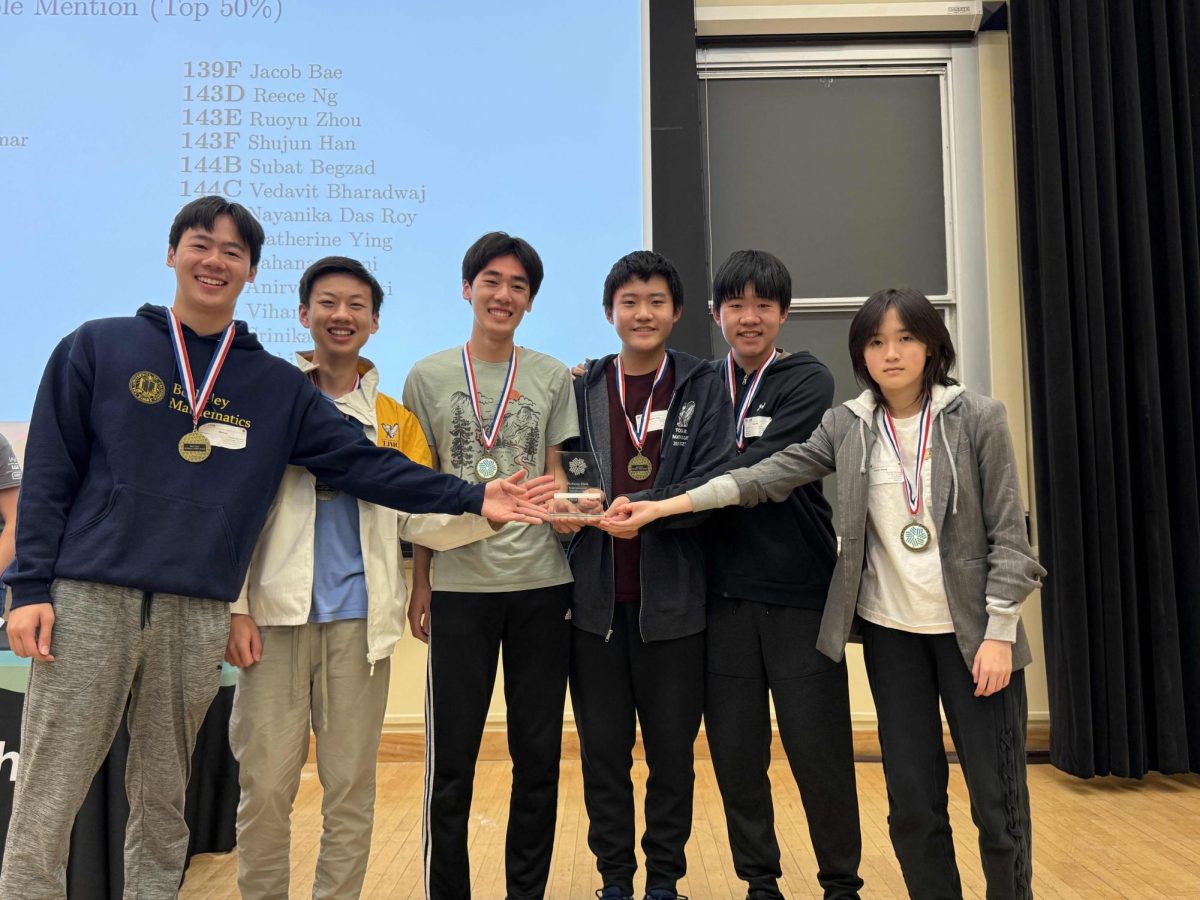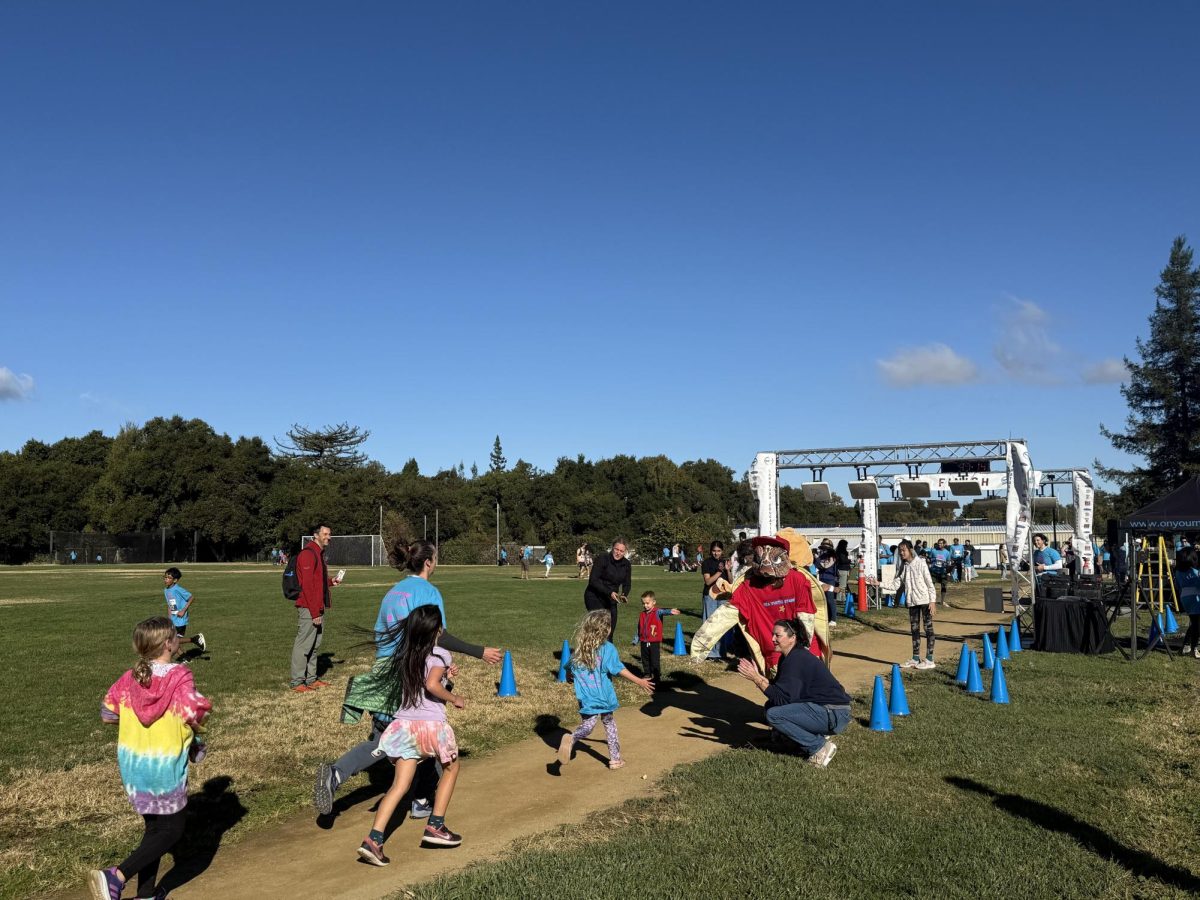Earlier this year, junior Adam Fayad realized that there was no specific space to discuss all religions among the clubs on campus
That is why he decided to create Interfaith club, a group of 20-30 students that meets on the last odd day of every week in history teacher Jerry Sheehy’s classroom and discusses the role in different aspects of society.
“By creating a space where students can debate and speak freely we are able to learn more about our similarities and differences in beliefs which make all us unique,” Fayad said.
Fayad thinks the club serves as a way for students to appreciate each other’s views on important topics stemming from religion. The club hosts students from various religions, including, Hindus, Sikhs, Muslims and Christians, and atheists and agnostics.
During the meetings, an assigned topic is debated among participants. For example, they have previously discussed religion’s place in government.
Fayad compares the club environment to that of a Socratic seminar that students experience in some English classes: a chance to discuss a topic in an atmosphere that welcomes all ideas.
“It makes me think more about ideas bigger than myself,” said sophomore Usman Khan, who is Muslim. “I'm not super active in debates, but I make an effort to speak at least once to input what I think about a specific point.”
Khan adds that the environment is also lighthearted, with students often cracking jokes.
Sophomore Tanuj Vasudeva, who is Hindu, feels that she has benefited from the discussions held by the club.
“From attending it since the start, I definitely feel like my rhetorical and persuasive skills have improved, and getting my point across is something I can do a lot better now,” Vasudeva said.
In the future, Fayad hopes to host guest speakers and hold club meetings in churches, synagogues, mosques or temples. He is excited for the future of Interfaith club, calling its first year a success.
“We live in a time where people are scared of the ‘other’ and to fight that fear we need to learn about different beliefs and become more tolerant,” Fayad said.




























